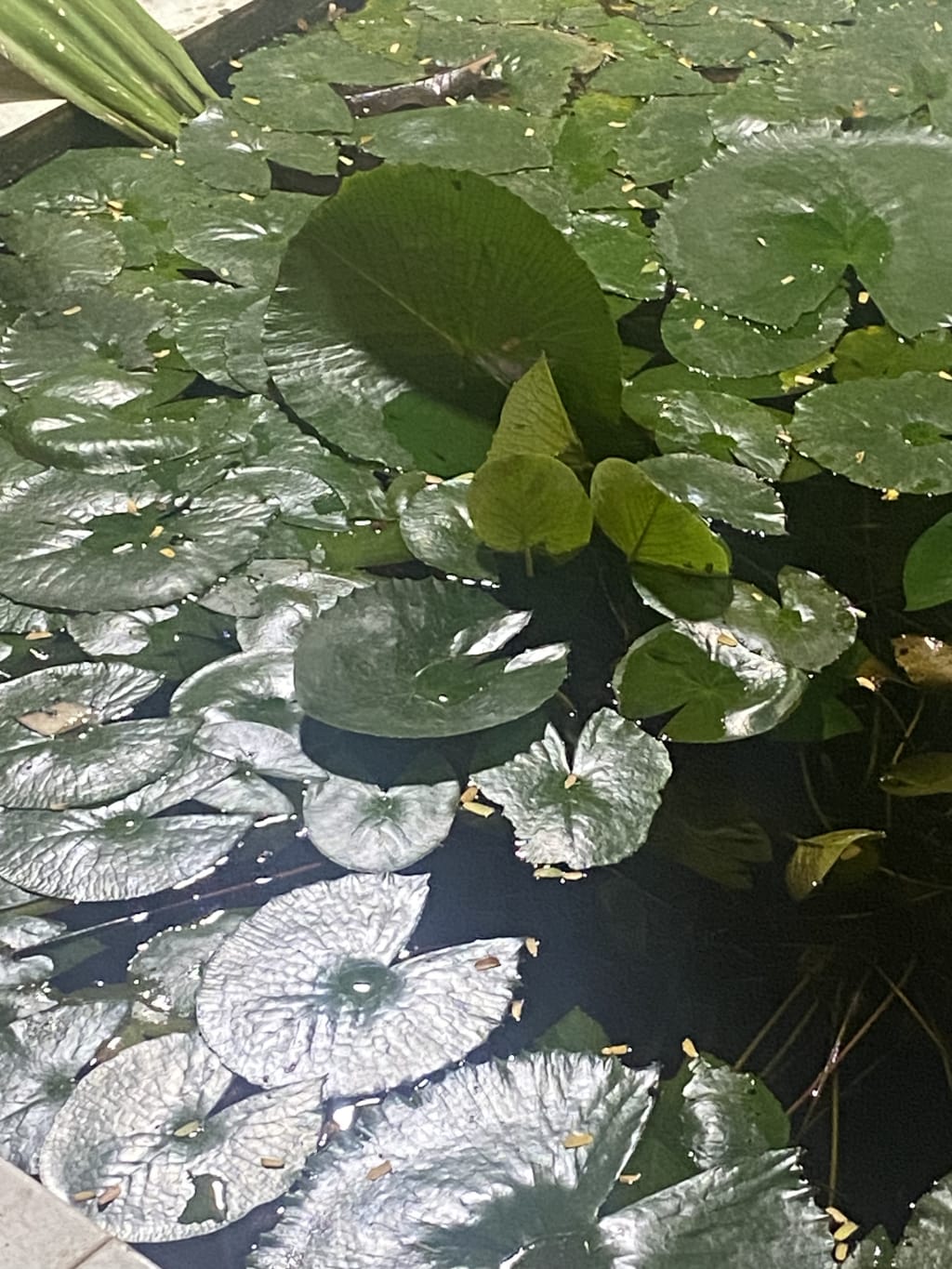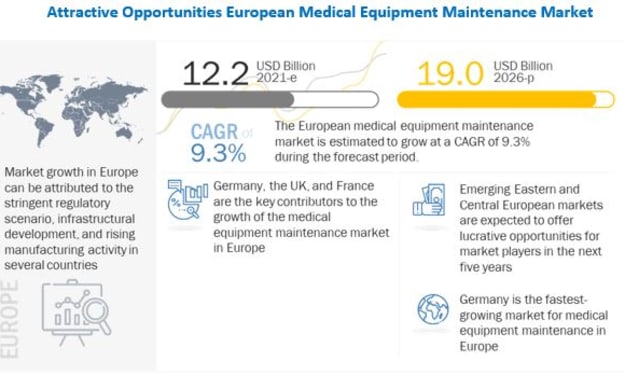
Life is an empirical adventure, an exploration of emotions, experiences, and relationships. Life is a journey filled with moments of joy, pain, bliss, and sadness. It's an expression of the human spirit, a manifestation of our desires, aspirations and our ability to overcome challenging obstacles. But what does it mean to live life to the fullest in the 21st century?
In the 2000s, the world emerged from intense political turmoil and experienced rapid technological advancements, breakthroughs in medicine, and economic prosperity in some parts of the world. The reduction in poverty and the increase in life expectancy brought new opportunities for many people around the world. Technology underwent an immense transformation, and social media and smartphones became ubiquitous, shaping the way people work, communicate, and interact with the world around them. Life in the 2000s was full of paradoxes, as new opportunities and challenges coexisted.
One of the most profound paradoxes of life in the 2000s was the increasing disparity between rich and poor countries. While some countries like China, India, and Brazil began to emerge as global economic superpowers, many parts of the world witnessed the rise of poverty, economic inequality, and corruption. The gap between the rich and poor continued to widen, resulting in social unrest, political instability, and migration.
Another major challenge facing people in the 2000s was the increasing levels of chaos and anxiety that came with the uncertainty of the future. The advancements in technology, coupled with the global interconnectedness, exposed people to an endless barrage of information, making it difficult to focus on what matters. Many people found themselves living in a state of perpetual distraction, unable to shut off their phones, lose their minds in the chaos of social media, and constantly consuming a stream of information, which often created more confusion than clarity.
Furthermore, in the 2000s, people became more aware of the severe impact of human activities on the environment, and the urgency to take action on climate change, pollution, and the destruction of ecosystems. It became apparent that this will be one of the greatest challenges of our time and that failure to address it could lead to catastrophic consequences such as food, water, and energy crises, increased natural disasters, and displacement of people.
The 2000s also saw a significant shift in people's lifestyles and values. More people began to embrace alternative forms of spirituality, and the quest for inner peace became a central aspect of people's lives. Meditation, yoga, and mindfulness practices became widespread, as people sought to find balance, meaning, and purpose in life. People also became more aware of the importance of mental health, and the need for social support systems that could help individuals cope with stress, anxiety, and depression.
Despite the numerous challenges, people in the 2000s were also afforded incredible opportunities. Globalization and the internet made it possible for people to connect with individuals from all corners of the world. The rise of e-commerce and digital platforms meant that people could build businesses and careers from anywhere in the world, and not just their local markets. The proliferation of social media allowed people to find their niche communities, share their experiences, and create content that could reach a global audience.
Moreover, social progress was made in numerous areas in the 2000s. Women's rights, the LGBTQ+ community, and people of color made significant strides towards achieving equality and justice. Countries around the world began to embrace democratic governance and promote human rights, resulting in the spread of freedom and liberty across the globe.
In conclusion, the life experience in the 2000s was one of paradoxes, opportunities, and challenges. The era marked a turning point in human history, characterized by significant advancements in technology, medicine, and globalization. However, it also revealed the dark side of globalization, with economic inequality, environmental degradation, and political instability becoming more pronounced. People's lifestyles and values shifted significantly in response to the changing world, but the need for balance, inner peace, and meaningful connection remained timeless.
As we move into the future, we must remain vigilant in addressing the significant challenges posed by climate change, inequality, and human rights violations. We must also embrace the opportunities that come with a rapidly evolving world and strive to create a world that is more inclusive, just, and sustainable. Ultimately, to live life to the fullest, we must remain connected to our values and purpose, seek balance, and embrace change with curiosity and open-mindedness.
About the Creator
Enjoyed the story? Support the Creator.
Subscribe for free to receive all their stories in your feed. You could also pledge your support or give them a one-off tip, letting them know you appreciate their work.






Comments
There are no comments for this story
Be the first to respond and start the conversation.